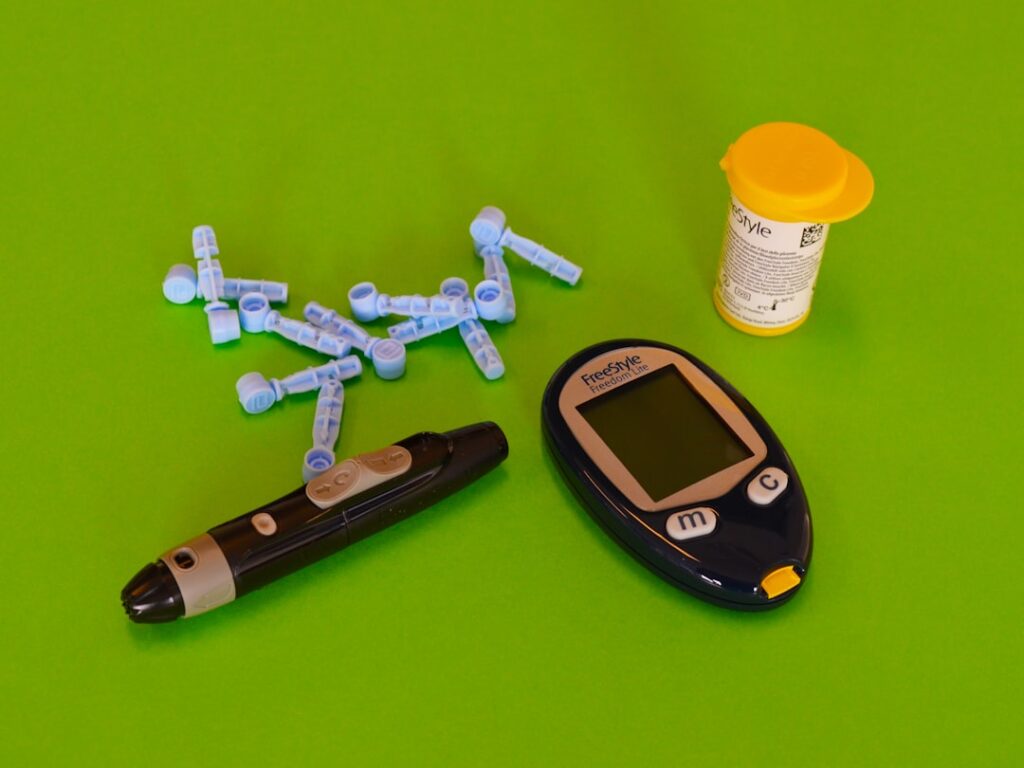AI Tools for Health Improvements
In recent years, artificial intelligence (AI) has made significant strides in various industries, and the health sector is no exception. AI tools for health improvements are revolutionizing the way healthcare professionals diagnose, treat, and manage patients. With the integration of AI, the industry is moving towards more efficient, personalized, and accessible healthcare solutions. This article explores some of the key areas where AI is making an impact in HealthTech and how these tools enhance patient care.
Transforming Diagnostics with AI
One of the most profound uses of AI in healthcare is in diagnostics. The accuracy and speed at which AI can analyze vast amounts of data far exceed human capabilities. Machine learning algorithms are trained to identify patterns in medical images and data, significantly reducing the chances of misdiagnosis.
Image Recognition and Analysis
AI tools for health improvements in diagnostic imaging use deep learning technologies to assist radiologists in detecting issues such as tumors or fractures. For example, AI algorithms can analyze X-rays, MRIs, and CT scans with high precision.
- AI systems can flag abnormalities for further review.
- They can provide quantifiable insights into the condition’s progression over time.
- These tools reduce the workload on medical professionals, allowing them to focus on patient interaction and care.
Predictive Diagnostics
Beyond image analysis, predictive diagnostics harness AI to forecast potential health issues before they become critical. By examining historical data, AI can identify patients at risk for chronic diseases like diabetes or heart conditions.
- Real-time monitoring of patient data via wearable devices can alert healthcare providers to anomalies.
- AI models can recommend preventive measures tailored to individual patients.
Enhancing Treatment Plans with AI
AI is also improving treatment methodologies by enabling personalized medicine. By analyzing genetic information and health records, AI algorithms can predict how patients will respond to specific treatments.
Personalized Medication Management
Pharmacogenomics is a field where AI tools for health improvements significantly contribute. By analyzing patient data, AI can recommend the most effective medications based on individual genetic makeups, thereby reducing trial-and-error approaches.
- AI can monitor patient responses in real-time and suggest dosage adjustments as needed.
- This personalization enhances the overall efficacy of treatments and minimizes adverse effects.
Optimizing Surgical Procedures
In surgical settings, AI assists in planning and executing procedures. Advanced robotic surgical systems utilize AI to improve precision and reduce recovery times.
- AI can analyze surgical histories to optimize surgical paths.
- It can assist in real-time decision-making during operations.
Improving Patient Engagement and Care Management
AI tools are also being employed to enhance patient engagement and streamline care management processes. Engaging patients in their healthcare journey leads to better outcomes and greater satisfaction.
Chatbots and Virtual Health Assistants
AI-powered chatbots are transforming patient interaction by providing immediate responses to health inquiries. These tools can assist in appointment scheduling, medication reminders, and general health advice.
- They ensure patients have access to information 24/7.
- Chatbots free up healthcare staff to focus on more complex patient needs.
Telemedicine and Remote Monitoring
AI enhances telemedicine platforms by facilitating remote patient monitoring and consultations. Advanced analytics can track health metrics and alert providers to concerning trends.
- AI tools help in diagnosing and managing chronic conditions remotely.
- This accessibility is particularly vital for patients in rural areas or those with mobility issues.
Challenges and Considerations
While the benefits of AI in HealthTech are evident, there are challenges that must be addressed. Data privacy, ethical considerations, and the need for regulatory frameworks are crucial topics for discussion.
- Concerns over patient data security must be prioritized.
- The bias in AI algorithms can lead to disparities in care.
- Establishing trustworthy AI integration requires collaboration between technologists and healthcare professionals.
Conclusion
AI tools for health improvements are reshaping the healthcare landscape, offering innovative solutions that enhance diagnostics, treatment, and patient engagement. As advancements continue, it is imperative to navigate the challenges of data privacy and equity to fully leverage AI’s potential. The future of healthcare undoubtedly lies in the successful integration of AI technologies, promising better health outcomes and improved patient experiences worldwide.
The Role of AI in Diagnostics
AI tools for health improvements are revolutionizing the diagnostic landscape, making it quicker and more accurate. Machine learning algorithms can analyze vast amounts of medical data, leading to the identification of patterns that human practitioners might miss. For instance, AI-powered imaging tools can detect early signs of diseases like cancer through radiology scans, drastically improving patient outcomes by enabling earlier intervention. This capability not only saves lives but also enhances the efficiency of healthcare systems by minimizing unnecessary tests and consultations.
Personalized Treatment Plans
Another crucial application of AI tools for health improvements lies in the development of personalized treatment plans. By analyzing individual patient data, including genetic information, medical history, and lifestyle factors, AI can assist healthcare providers in tailoring treatments that are specifically designed for each patient. This precision medicine approach ensures that patients receive the most effective therapies with reduced side effects. As a result, healthcare delivery becomes more efficient, and patients can experience improved recovery rates and overall better health in their treatment journeys.
AI-Driven Patient Monitoring
Moreover, AI tools for health improvements extend to patient monitoring, allowing for real-time tracking of a patient’s health metrics. Wearable devices equipped with AI technology can continuously monitor vital signs and symptoms, alerting healthcare providers and patients of any concerning changes. This proactive approach to health management not only enhances patient safety but also enables timely interventions, thereby reducing the likelihood of complications and hospital readmissions.


